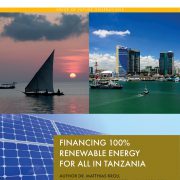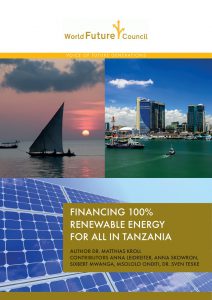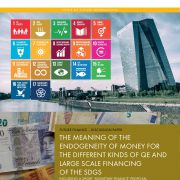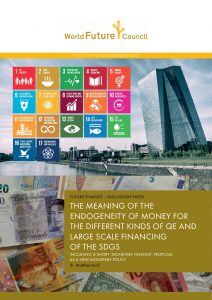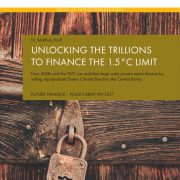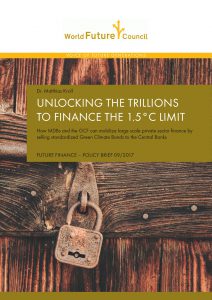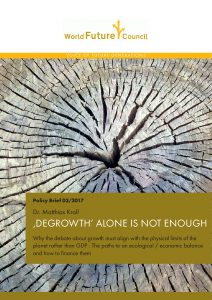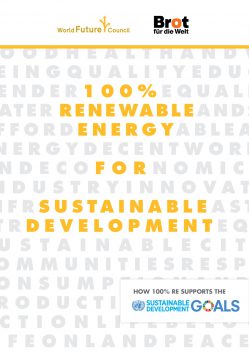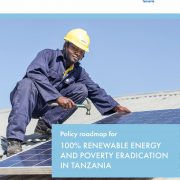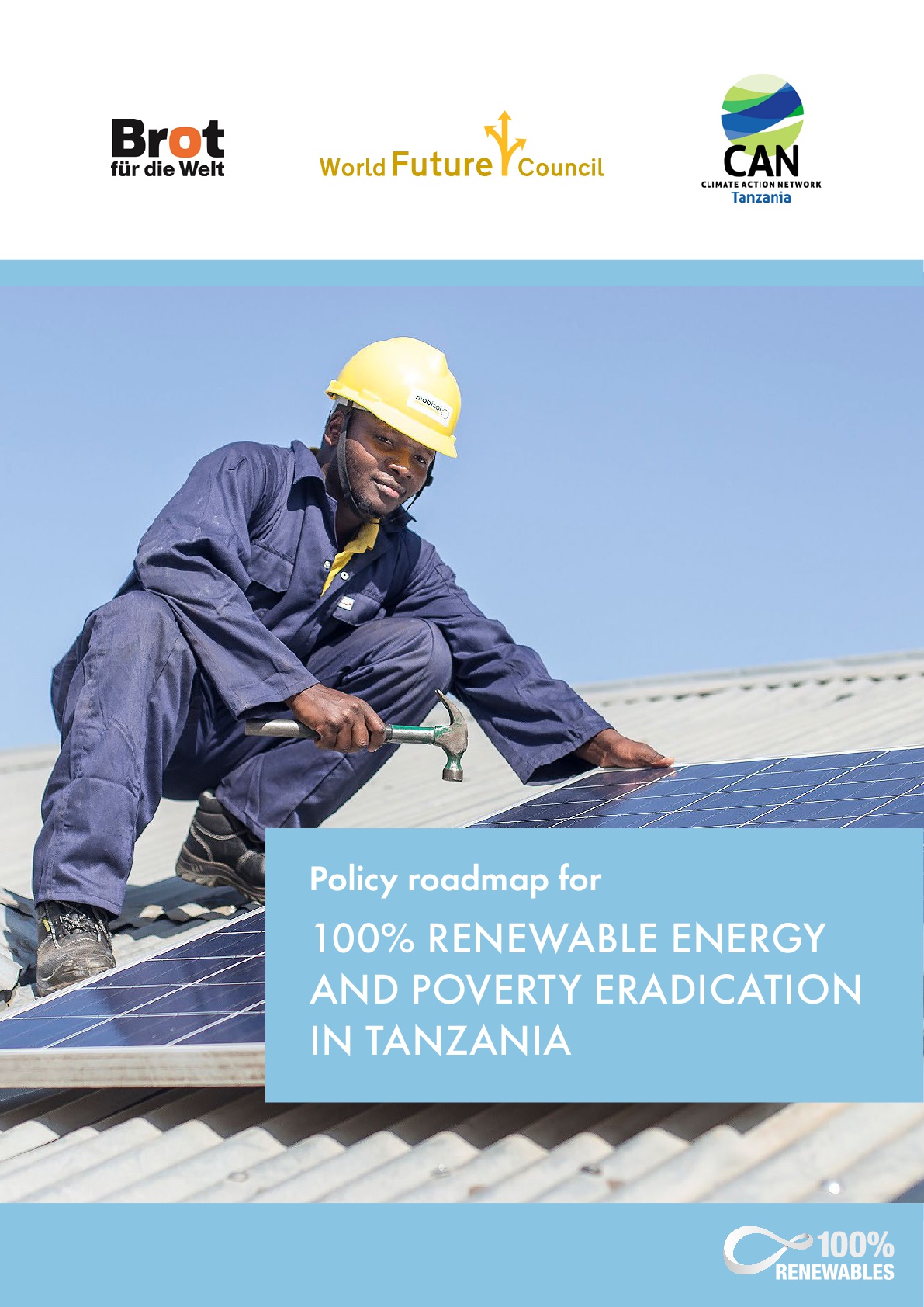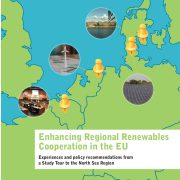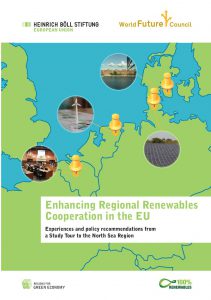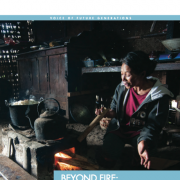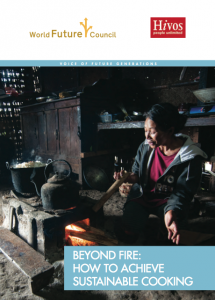Ambition For the Future – 100%RE to Accelerate Sustainable Development
Abstract
While the Agenda 2030 set the aim to keep global climate change to 1.5°C, existing policy measures, legal frameworks and initiatives are nowhere near these ambitions. However, research indicates that this target is achievable if we fully decarbonize our economy and society by no later than 2050. This ultimately means a transition to 100% renewable energy (RE) and a complete phase out of fossil fuels.
Therefore, this report highlights how 100% RE is a prerequisite for achieving justice and dignity for present and future generations, including a mechanism to finance this transition. The links between these elements – namely regenerative cities, sustainable agriculture, peace and disarmament and education for sustainable development – and 100% RE underpin the reasoning and strong necessity to transition to 100% RE. The clarification of these interrelationships enables a comprehensive approach to climate action and policy design that disrupts single silo thinking while leaving no one behind.



